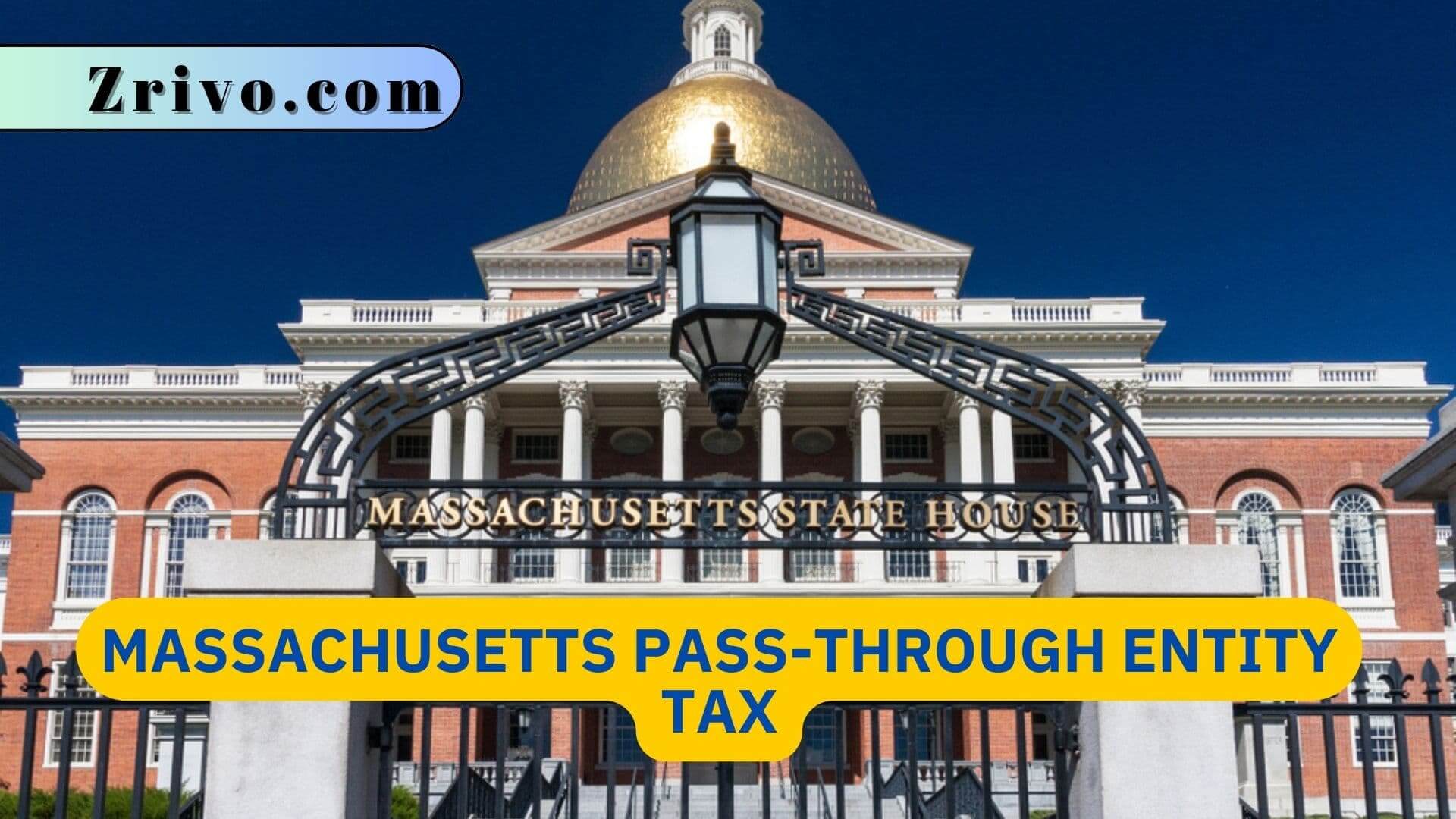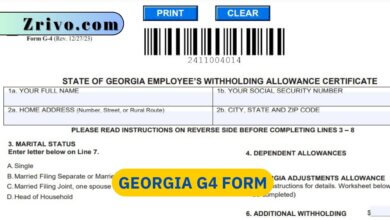Massachusetts Pass-Through Entity Tax
Pass-through entities such as partnerships, S corporations, and trusts can elect to pay a tax at the individual partner, member, or beneficiary level. The tax is based on the nonresidents' pro rata or distributive share of Massachusetts-source income from the pass-through entity.

Contents
Massachusetts implemented an excise tax on pass-through entities in response to the federal limitation on the state and local tax deduction imposed on individuals. The PTE Excise is 5% of the Massachusetts-source income of an electing pass-through entity. Qualified members of an eligible pass-through entity are entitled to a personal income tax credit equal to 90% of their distributive share of the PTE Excise paid by the pass-through entity.
How to File Massachusetts Pass-Through Entity Tax?
Pass-through entities must file a return and pay the PTE Excise electronically using MassTaxConnect. The return must include the pass-through entity’s taxable income and apportioned income for the tax year. The apportioned income of an eligible pass-through entity is determined by multiplying its apportionment factors by the amount of its Massachusetts-source income.
If a nonresident member is a member of an upper-tier pass-through entity that is a lower-tier pass-through entity that makes the PTE Excise election, the nonresident member must submit Form 3 and report its taxable income for the year. In addition, the taxable income of the lower-tier pass-through entity must be reported on the return of the upper-tier pass-through entity.

Massachusetts PTE Tax Eligibility
onse to the $10,000 cap on federal state and local tax (SALT) deductions added by the Tax Cuts and Jobs Act of 2017. The pass-through entity (PTE) excise applies to eligible businesses that elect to be subject to it. A PTE can make this election on its annual income tax return. To qualify, the PTE must be a corporation under IRC Section 1361, an S corporation or a partnership under IRC Section 7701, or a limited liability company treated as either of these.
A nonresident member of an electing PTE who receives investment income that is derived from or effectively connected with the conduct of a trade or business or ownership of real property in Massachusetts is taxable on this income. This includes gain arising from a like-kind exchange under Code section 1031.
The Commissioner requires an electing PTE to file a composite statement for its nonresident members that contains each member’s name, tax identification number, address, and method of tax compliance and a list of their Massachusetts-source distributive share items. This statement must be filed electronically with the PTE Excise, Form 63D-ELT, and the PTE’s income tax return.
Massachusetts Pass-through Entity Tax Due Dates
Pass-through entities that pay withholding taxes for their members must file an annual pass-through entity withholding return on MassTaxConnect. This return is due on April 1 for calendar year filers and the last day of the third month for fiscal year filers. The return is filed using Form PTE-WH.





